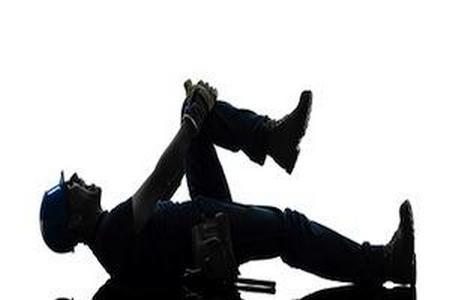Two Factors You Must Prove in a Slip and Fall Case
 Slips and falls are what lawyers call the types of cases involving an individual who falls and injures him or herself at another’s property. This type of accident can cause serious injury, and in many cases, the accident victim is not at fault. Rather, the property owner has created a dangerous condition in some manner and can be liable for paying for the victim’s medical bills and/or pain and suffering.
Slips and falls are what lawyers call the types of cases involving an individual who falls and injures him or herself at another’s property. This type of accident can cause serious injury, and in many cases, the accident victim is not at fault. Rather, the property owner has created a dangerous condition in some manner and can be liable for paying for the victim’s medical bills and/or pain and suffering.
Common causes of conditions where property owners may be liable include:
- Failure to clean up spills or leaks;
- Failure to post signage on recently mopped floors;
- Failure to have proper railing; and
- Failure to have grip slips on stairs or ramps.
Whether you have a valid slip-and-fall case hinges on two questions:
- What made you fall?
- How did that object or situation appear?
What Made You Fall?
An accident victim must prove to a court that a harmful condition was present and that it caused the fall. If you do not know what caused your fall, then it is impossible to show someone else is liable for your injuries.
For example, if you do not know what caused your fall, it could be argued that you tripped over your own feet or fainted and fell down. In this circumstance, no one else can be held liable for your injuries.
How do we determine what made you fall? Attorneys will look to:
- The victim's story of what made him or her fall;
- Surveillance footage;
- Any statements by witnesses who saw the fall;
- Ambulance records that document what paramedics saw at the scene of the accident; and
- Emergency room reports and doctors' records.
How Did the Dangerous Condition Get There?
The next question an attorney will ask is: How did the dangerous condition come to be? An accident victim must prove that the property owner knew or should have known of the dangerous condition.
If the business owner created the condition, this requirement is usually easy to prove. For example, if a supermarket mops its floors and did not provide proper signage around the wet area, it could be argued that the supermarket knew of the dangerous condition.
However, if the condition that caused the fall was created by the third party (such as another customer), this requirement can be harder to prove. In this situation, how long the liquid was on the floor could prove that the business owner should be liable.
Contact a DuPage County Slip and Fall Lawyer
By speaking with a lawyer, you will be able to determine what you need to prove in your case. Every case is different. Contact the Lombard, IL personal injury lawyers at Mevorah & Giglio Law Offices for a free consultation by calling 630-932-9100.
Source:
http://www.ilga.gov/legislation/ilcs/ilcs3.asp?ActID=2048&ChapterID=57
 English,
English,
 Spanish,
Spanish,
 Polish,
Polish,
 Urdu
Urdu












 Make a Payment
Make a Payment



